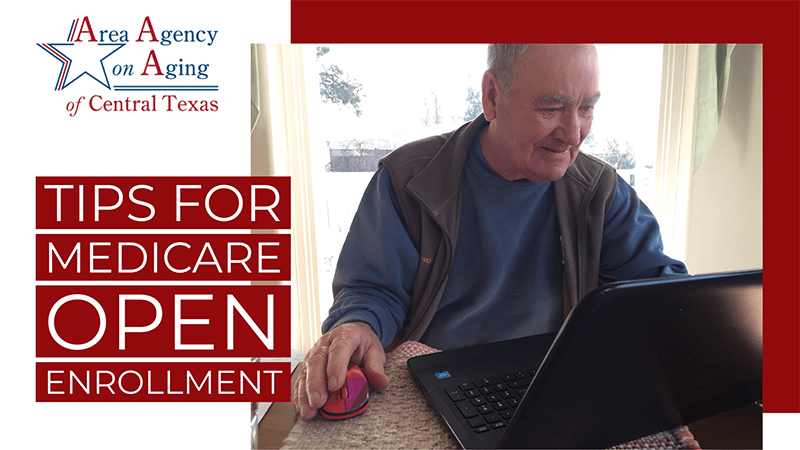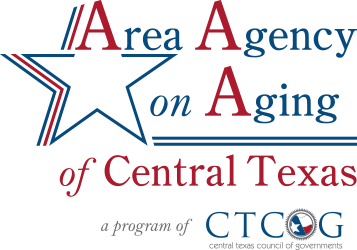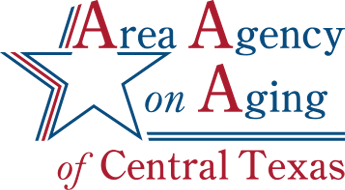
Medicare Minute August 2021
Common Open Enrollment Notices
You can make changes to your Medicare coverage each year during Medicare’s Open Enrollment Period, which runs October 15 to December 7. Around September, you will start to receive notices with information about any changes to your coverage for the coming year. It is important to read and understand these notices, as they can help you decide if you should make changes to your coverage during Medicare’s Open Enrollment Period.
Point 1: Know where to find general information about what Medicare covers.
If you are enrolled in Medicare, you should receive the 2021 Medicare & You handbook in the mail in September. If you do not receive the handbook, you can call 1-800-MEDICARE and request that a copy for your region be mailed to you. You can also download the general handbook at www.medicare.gov. If you have Original Medicare, you can find out about Original Medicare benefits in the handbook. The hard copy of Medicare & You also includes a list of private Medicare health and drug plans available in your area. These plans must cover the same benefits listed in Medicare & You, but their costs and coverage will vary. You can also contact your local State Health Insurance Assistance Program (SHIP) for help understanding your coverage or Medicare notices.
Point 2: Understand your Annual Notice of Change and Evidence of Coverage
If you have a Medicare Advantage Plan or a Part D prescription drug plan, you should receive a notice called an Annual Notice of Change, or ANOC for short, and an Evidence of Coverage, or EOC. Your plan should send you these notices by September 30. If you do not receive these notices, contact your plan to request copies.
These notices list any changes for your plan in 2022. There are three kinds of changes to look for in an ANOC or EOC. First, look for changes to your plan’s costs for the upcoming year. Costs such as deductibles and copayments can change each year. For example, your plan may not have had a deductible in 2021 but could have one in 2022. Second, look for changes to the plan’s network. Plan provider networks can change each year, which means your doctor may not be in your plan’s network for 2022. If you see an out-of-network provider, your plan may not cover any of the cost of your care. Make sure to see if your providers and pharmacies will still be in network in 2022. And third, look for changes to the plan’s formulary, which is the list of drugs the plan covers. Formulary changes can happen from year to year, meaning your drug may not be covered in 2022 even if it was covered in 2021. Even if it is still on the plan’s formulary, the cost of your drug may have changed. After reading about the changes to your coverage for 2022, decide whether your plan will still be able to meet your needs in the upcoming year.
Point 3: Learn if there are any problems with your plan.
In October, plans leaving the Medicare program in the coming year send out a Plan Non-Renewal Notice to plan members. If you receive this notice, you should take action to make sure you are covered in 2022. You can choose to enroll in a new Medicare Advantage Plan or Part D prescription drug plan during Medicare’s Open Enrollment, which again is October 15 through December 7. You can also enroll in a new plan up until the last day in February of the following year. You will be disenrolled from your previous plan starting January 1, though, so if you do not pick a new plan by then you will likely experience a gap in coverage until you enroll in a new plan. In late October, Medicare also sends a Consistent Poor Performance Notice to people enrolled in a plan that has received a low rating on quality and performance for three or more years in a row. A low rating is three stars or fewer out of five. The notice encourages you to look at other plan options in your area.
Point 4: Identify marketing violations or manipulative enrollment tactics.
As Medicare’s Open Enrollment Period begins, you will likely start receiving mail from different insurance companies about the plans they offer. You can use this marketing information to compare your options. You should know, though, that companies must follow certain rules when marketing their plans. These guidelines are in place to protect you from manipulative sales and enrollment tactics. For example, a plan cannot use language that suggests their plan is preferred by Medicare. They also cannot call or email you if you did not ask them to do so or if you have no prior relationship with them. Plans should additionally not leave information like flyers or door hangers on your car or at your home if they came from a company that did not have an appointment with you. When contacting plans, remember that you should take your time to review your choices and make an informed decision.
Take Action:
- Contact your Medicare Advantage Plan or Part D plan if you did not receive your ANOC and EOC by the end of September.
- Enroll in a new plan if you receive a Plan Non-Renewal Notice or a Consistent Poor Performance Notice. You can visit www.medicare.gov to compare options or call 1-800-Medicare.
- Contact the Area Agency on Aging of Central Texas, your State Health Insurance Assistance Program (SHIP) for unbiased help understanding your coverage, plan options, or Medicare notices.
- Contact your Senior Medicare Patrol (SMP) to report marketing violations or enrollment fraud.
Local State Health Insurance Assistance Programs (SHIP) Contact Information:
SHIP toll-free: 1-800-447-7169
SHIP email: sue.farrell@ctcog.org
SHIP website: https://aaact.org
To find a SHIP in another state:
Call 877-839-2675 or visit www.shiphelp.org.
Local Senior Medicare Patrol (SMP) Contact Information:
SMP toll-free: 1-877-808-2468
SMP email: sue.farrell@ctcog.org
SMP website: www.smpresource.org
This document was supported, in part, by grant numbers 90SATC0002 and 90MPRC0002 from the Administration for Community Living (ACL), Department of Health and Human Services, Washington, D.C. 20201. Grantees undertaking projects under government sponsorship are encouraged to express freely their findings and conclusions. Points of view or opinions do not, therefore, necessarily represent official ACL policy. Download the PDF flyer.



